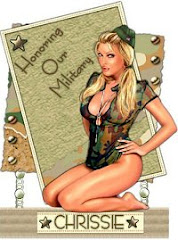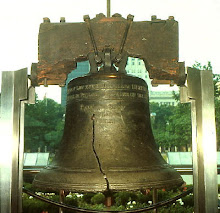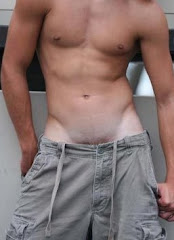
By Cliff Dunn
An investigation into the history of the Pentagon’s anti-LGBT “Don’t Ask, Don’t Tell” (DADT) policy reveals that long before his recent foray into the public debate, former Vice President Dick Cheney was instrumental in crippling the rule which today prevents gay and lesbian personnel from serving openly in their country’s armed forces.
But it is an almost-forgotten footnote to the DADT debate that while he was Secretary of Defense to President George H.W. Bush in the early 1990s, Cheney virtually abolished the policy before it even officially existed.
In its September 12, 2000 cover story, Sarah Wildman reports in The Advocate that “by the time [Cheney] was leaving Bush’s cabinet [in 1993], Mary was just coming out of the closet to her family.”
“It’s rare for any adult, let alone an openly lesbian daughter, and her father [to be so close],” Witeck said.
The late Randy Shilts points out in Conduct Unbecoming: Gays & Lesbians in the U.S. Military: “Cheney delivered [an] order to the Joint Chiefs of Staff: He did not want the services to pursue massive purges of gay personnel. Word of witch-hunting tactics had reached him… and he would have no such goings-on on his watch at the Defense Department.”
After resistant Navy officers tried to force another expelled gay Midshipman to repay his tuition, Shilts reports that Cheney exploded: “Goddamn it, I’ve told the military departments not to hit people up for back tuition!”
Perhaps most revealing was Cheney’s reaction to the outing of Assistant Secretary of Defense for Public Affairs Pete Williams by The Advocate in 1991.
In several interviews, Cheney said that gays had always served, often with honor. He called the argument that gay and lesbian service members were security risks “sort of an old chestnut.” (In response, an amused Congressman Barney Frank told an interviewer that “if Cheney defended the United States the way he defended this policy, we would have been captured by now—by Cuba.”)
Todd Krough, a former Fort Lauderdale resident and Air Force reservist, says that Cheney’s actions as Defense Secretary had far-reaching consequences.
“That was Darth Cheney’s one moment where he actually got to resist the Dark Side of the Force,” Krough laughed, invoking the former V.P.’s nickname when he served in the Bush-43 administration.
“You have to believe his daughter’s sexuality played a part in his own attitudes towards gay and lesbians,” he says.



















No comments:
Post a Comment